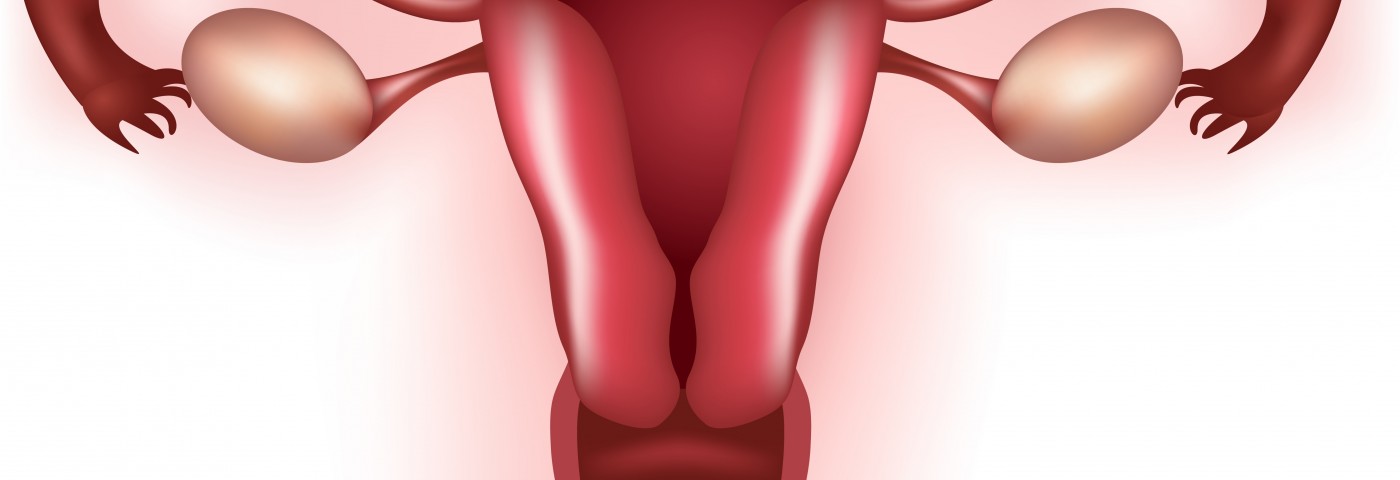The hormone estrogen induces the expression of a specific transcription factor called GATA-3 and may stimulate endometriosis by altering the secretion of cytokines (proteins that help cells communicate with each other in the immune system). These are the results of a study titled “Evaluation of estrogen in endometriosis patients: Regulation of GATA-3 in endometrial cells and effects on Th2 cytokines” published in the Journal of Obstetrics and Gynaecology Research.
Endometriosis is a chronic inflammatory disease characterized by an abnormal growth of the tissue normally lining the inside of a woman’s uterus — the endometrium — outside the uterine cavity. It is a painful and often debilitating estrogen-dependent disorder that affects up to 15 percent of reproductive-age women, and has been previously linked to alterations in immune cells and cytokines.
Researchers investigated how estrogen impacts GATA-3 expression and the relationship between GATA-3 and cytokine response. They collected endometrial tissues from the ovaries of 20 patients undergoing laparoscopic or open surgery at Shengjing Hospital at China Medical University. Researchers did several studies focusing on both messenger RNA and protein to assess the effects of estrogen on GATA-3 expression and how this interplay regulates a specific immune status (Th2) of endometriosis.
They found that estrogen regulated the expression of GATA-3 in endometrial cells of patients in a time- and dose-dependent manner. Estrogen relocated GATA-3 from a cytoplasmic location into the cells nucleus, a movement previously linked to the activation of Th2 cytokines.
Also, estrogen and GATA-3 regulated Th2 cytokine expression in eutopic endometrial cells, including interleukin (IL)-6, IL-8 and IL-10: IL-6 results in transfer, location, and growth of endometrial cells in endometriosis patients; IL-8 promotes angiogenesis, inflammation, and cell growth but also increases neutrophils responses to chemical stimulus, a process known as chemotaxis; additionally, it promotes the proliferation of endometrial cells and increases cells’ adherence by promoting fibronectin expression in endometrial interstitial cells.
However, GATA-3 inhibited Th1 cytokine expression — particularly interferon (IFN)-γ, which enhances cellular immunity and IL-2, which enhances immune response.
The authors concluded that estrogen induces GATA-3 expression, which in turn may promote the onset and development of endometriosis by regulating the secretion of specific cytokines. These results shed light on the molecular mechanisms behind endometriosis development and progression.

